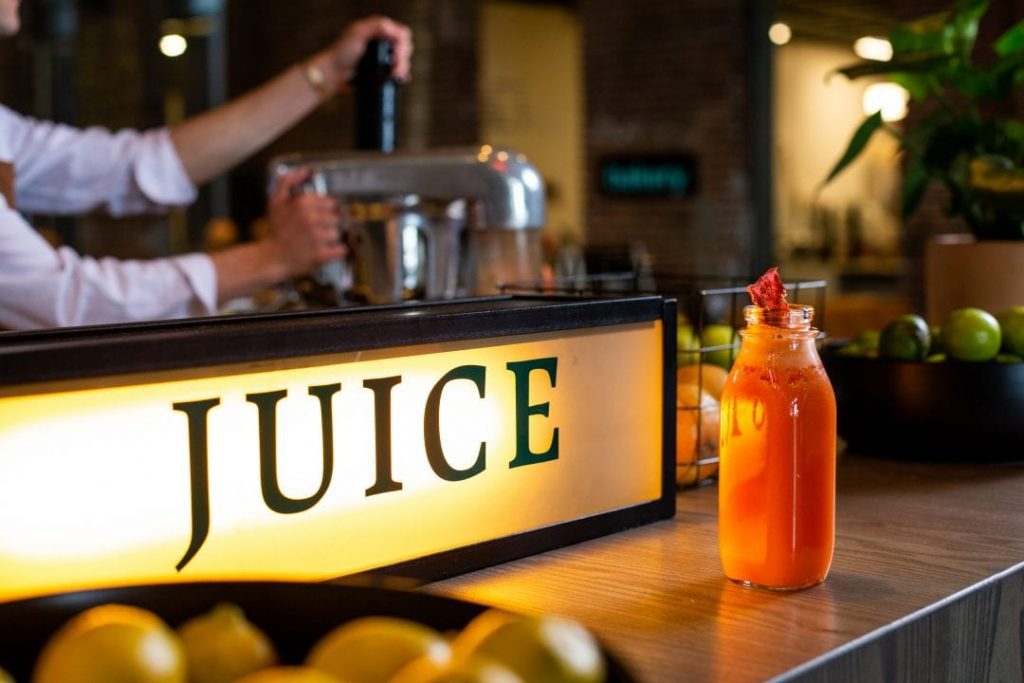A 5 Minute Guide To Sober Curious Living


Teetotaling is starting to look hip. The sober curious movement has been the subject of a bestselling book by author Ruby Warrington and a major New York Times article. Meanwhile, alcohol-free Instagram accounts, sober bars, and dating apps are multiplying by the day.
More than 50% of adults say they’ve consumed alcohol in the past month, but the numbers are falling.
The sober curious trend offers anyone an opportunity to evaluate their relationship with alcohol and make healthier choices.
At the same time, it’s important to distinguish between recovering from an alcohol use disorder and having a more casual interest in pursuing a sober lifestyle.
If your drinking is seriously disrupting your life, you may need medical attention. If you’re thinking about giving up alcohol or cutting down for general wellness reasons, start with this quick introduction to sober curious living.
Benefits of Drinking Less Alcohol:
1. Increase wellness. Studies show that reducing alcohol consumption can have health benefits for moderate and light drinkers. You may enjoy enhanced liver function, lower blood pressure, and decreased risk for many conditions, including depression and anxiety.
2. Lose weight. In addition to the empty calories, alcohol can contribute to making poor food choices. You’re likely to slim down when you drink less.
3. Sleep well. Liquor also keeps you up at night. Giving up that nightcap will increase the quality of your sleep.
4. Try new things. The time and energy you spend on drinking could be devoted to other activities that would enrich your life more. Maybe you’ll go back to school or take a trip around the world.
Strategies for Drinking Less Alcohol:
1. Keep a journal. Track your drinking by writing about it. Once you’re aware of your habits, you can decide if you want to change them. You may discover that you drink more than you thought or that you think more clearly on the days you stick to mocktails.
2. Take time off. Designate one or more days each week to go alcohol-free. Join international campaigns like Dry January, a post-holiday tradition for taking a month off after the year-end celebrations.
3. Set limits. Decide in advance how much you’ll drink and stick to it. Maybe you’ll order one glass of wine with dinner or stop at two drinks if you usually down three while watching a big game.
4. Avoid triggers. Are there certain situations where you tend to overindulge? You may want to avoid sports bars and happy hours for a while.
5. Clean house. Make it less convenient to imbibe. Give away the alcohol you have at home and stop buying anything new.
6. Resist peer pressure. Do you feel like you’re expected to drink in some business or social settings? Practice telling others that you want to stick to your limits or carry a glass of club soda to avoid such conversations.
7. Manage stress. If you turn to alcohol after a rough day, find healthier alternatives. Go for a walk or take a warm bath.
8. Seek support. Let your family and friends know that you’re trying to change your drinking habits and tell them how they can help you. They may even want to join you in cutting back.
9. Talk with your doctor. If you’re having difficulty quitting alcohol on your own, let your physician know. There are many forms of help available. That can include behavioral therapy and medications like naltrexone, in addition to self-help groups.
Joining the sober curious movement can bring positive changes to your life. Make your own decisions about whether to consume alcohol and enjoy the health benefits that come with avoiding heavy drinking.
CLICK HERE to Explore/ Our Free Online Courses
Responses